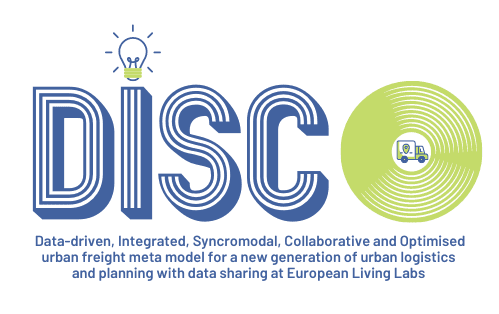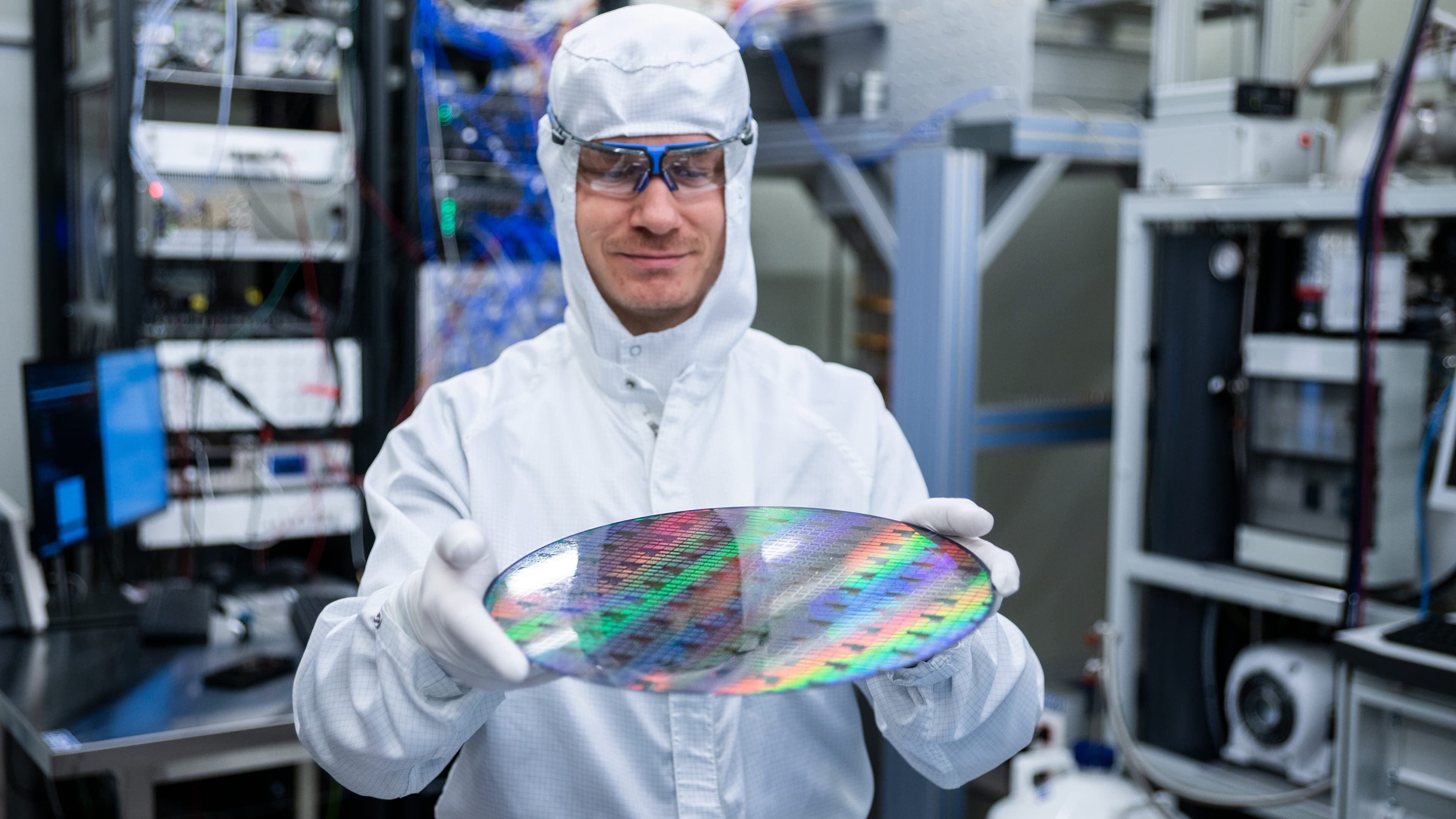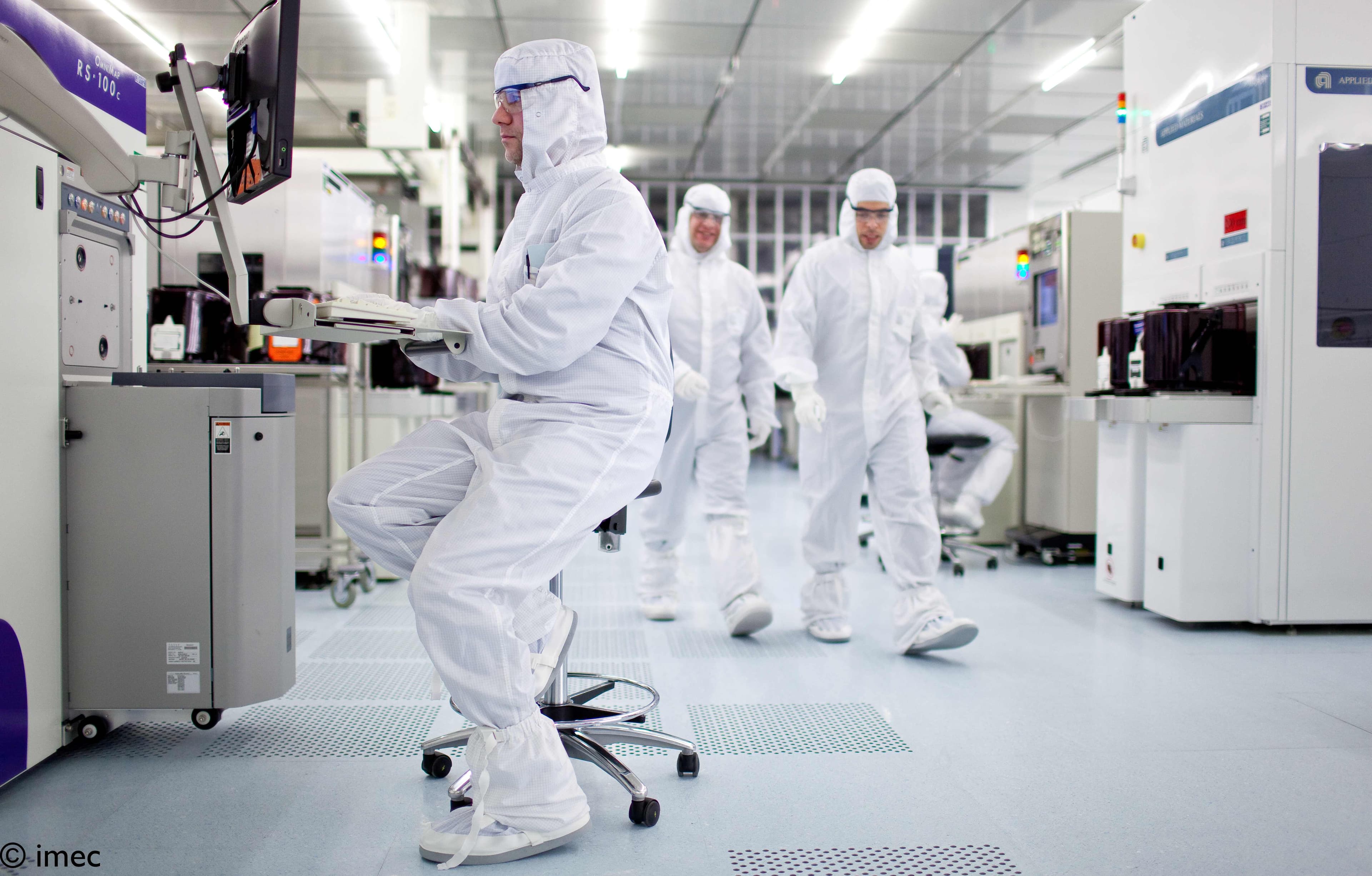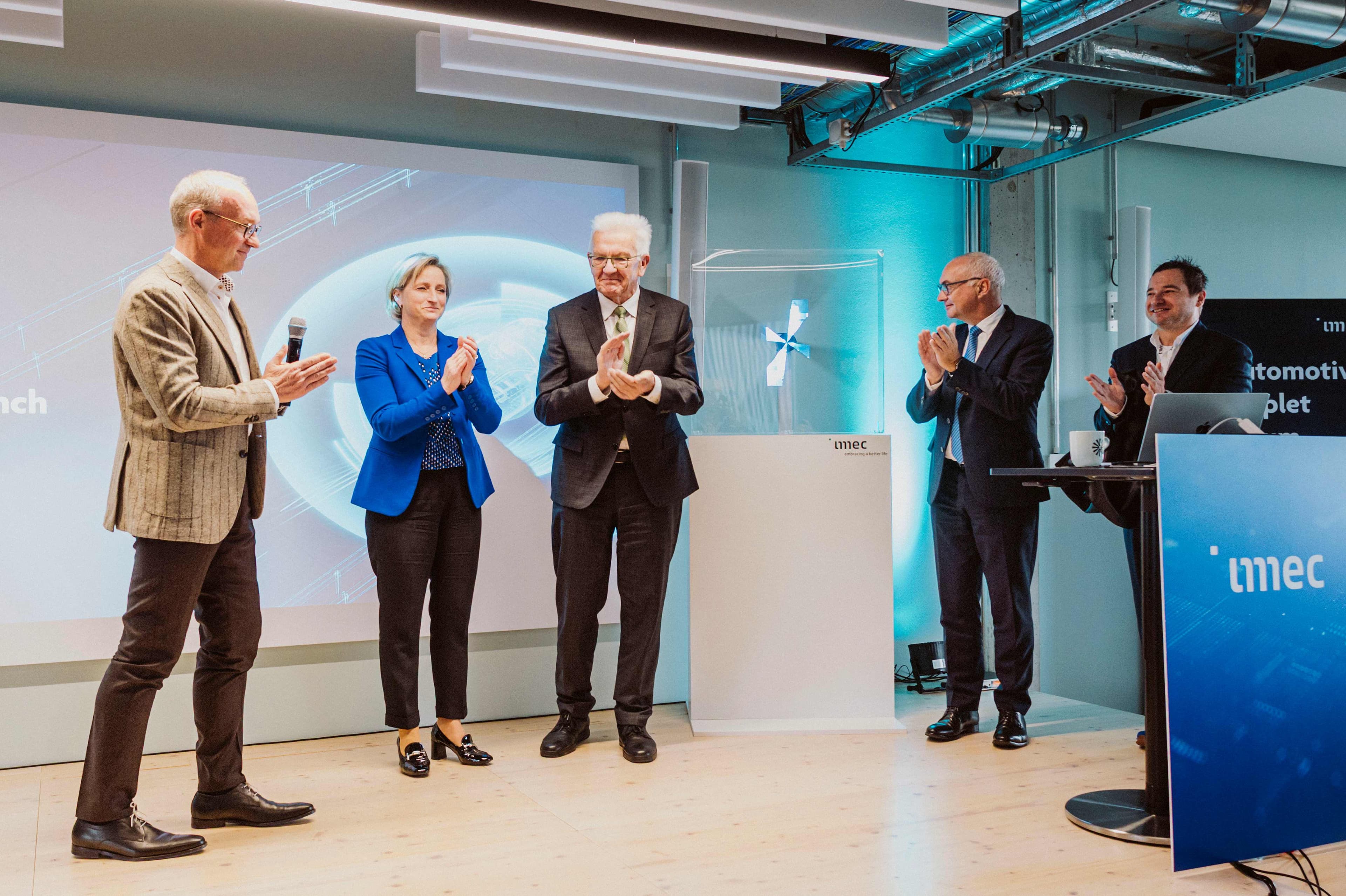
DISCO: innovation for urban logistics
Can the physical internet help relieve logistical pressure on cities?
This project receives funding from the European Commission (H2020).
What does a pleasant, sustainable city look like? With lots of greenery around and little heavy traffic. But also, with outdoor cafés and small shops. Because a sustainable city should also be fun, right?
Reconciling sustainability goals with urban logistical needs provides a challenge for local governments. Because those restaurants and stores need to be restocked every day – in addition to other deliveries to individual consumers and companies. This requires a lot of movements in traffic. And that puts pressure on livability.
An open and optimized logistics network
One possible key to the solution is the physical Internet. This is a concept in logistics that resembles the exchange of information on the digital Internet. It aims for a hyperconnected, open network in which goods automatically flow through the most efficient route and transport infrastructure is optimally utilized, for example, because (part of) the cargo can be smoothly transferred to other transport modes, from other transport companies – something we refer to as standardized interfaces.
Such efficient use of transportation infrastructure should be music to the ears of local policy makers. Especially if local rules surrounding the city's logistics operation can also be included in the automated planning tools.
Toolbox for the physical internet
How do we make this vision of the physical internet a reality? Not overnight. What is needed is a set of innovative tools that make such a hyperconnected network possible. That is the goal of the European project DISCO – in full: data-driven integrated synchromodal, collaborative and optimized urban freight meta model.

DISCO is working on a series of urban logistics solutions inspired by the physical internet. Those solutions span five domains:
- sustainable last-mile deliveries (DISCOPROXI) – Can we use vacant retail spaces to establish a network of micro hubs for low-emission transportation?
- advanced data collection (DISCOLLECTION) – How do we collect and use real-time data to manage freight networks efficiently, dynamically and comprehensively?
- multimodal logistics terminals (DISCOBAY) – How do we use these terminals at less busy times as micro hubs for package delivery or collection?
- efficient sidewalk deliveries (DISCOCURB) – How do you ensure that deliveries to stores, cafes, etc. cause as little nuisance as possible for other road users and residents?
- optimization of underutilized infrastructure (DISCOESTATE) – Can we use buildings that are not in daily use, such as exhibition halls and stadiums, as consolidation centers for last-mile deliveries?

Significant role for data spaces
All those solutions have one thing in common: they require that massive amounts of data are shared (the utilization of buildings and vehicles, delivery options, regulations, real-time traffic data, and so on). And all that in a smooth, safe and reliable way.
Here we enter an area in which imec has accumulated tons of experience in recent years: data spaces. Data spaces are decentralized networks: all parties retain control and ownership of their own data. Yet data can circulate smoothly as long as everyone sticks to the agreed standards.
The expertise of imec from projects such as PILL, SYTADEL and ReNEW will thus be applied within DISCO for the design and architecture of the logistics data spaces. In practical terms, imec is working on tools to unlock and connect data from different parties and applications, and to connect cities to the data space.
Tested in Ghent
Solutions are being explored with partners from the government and logistics companies in living labs in the participating cities: Helsinki, Copenhagen, Thessaloniki, and Ghent.
In Ghent, VIL, Be-Mobile, the City of Ghent and imec will build a dynamic policy tool for urban logistics access control - urban access control (UAC).
UAC is a concept that imec has been working on for some time already in project such as TOKEN. We are developing middleware that makes a direct connection between:
- urban policy platforms
- logistics planning tools for regional transportation
- logistics planning tools for local last-mile operators
That connection enables logistics planning to automatically conform to a city’s local access rules. The UAC can even suggest sustainable last-mile alternatives to local logistics planners.

Catalyst for smart urban logistics
The DISCO project runs from May 2023 to November 2026. The solutions that are being developed promise to become a catalyst for the optimization of logistics in European cities.
The tool developed by Be-Mobile in the Ghent living lab will be connected to other DISCO tools and offered to the other participating cities in this project.
The imec project smart city distribution will build on the UAC for the deployment in Leuven and Hasselt.
Want to know more? Contact us using the button below.
Dries Van Bever












